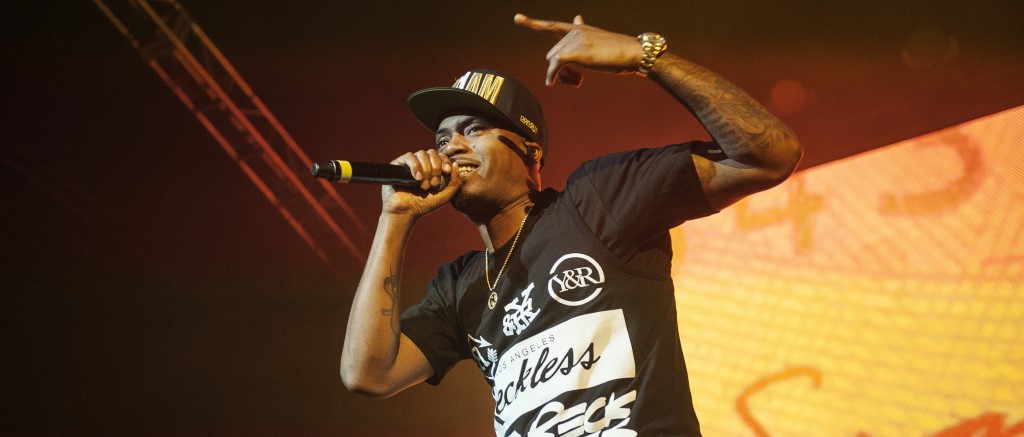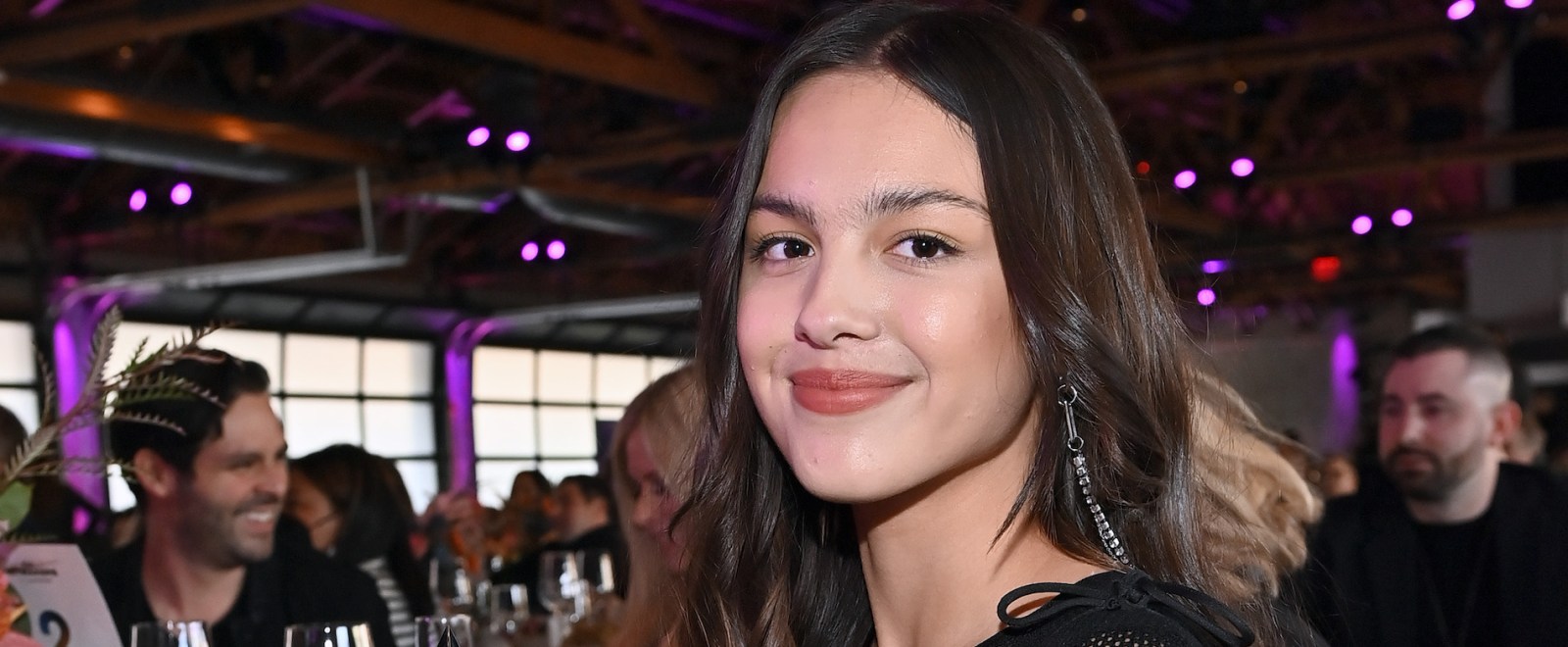
Sarah Oh, a former human rights advisor for Twitter, and her friend Gabor Cselle, a former Director at Google, have teamed up to create T2, a rival service to Twitter.
Currently, in beta, T2 offers a post feed with a 280-character limit. However, according to Oh, that’s not the only difference between T2 and Twitter. “We really do want to create an experience that allows people to share what they want to share without fearing risk of things like abuse and harassment, and we feel like we’re really well positioned to deliver on that,” Oh told CNN.
There have also been many creators who have teamed up to create Twitter-esque social media platforms to attract those users who have left Twitter after expressing their distaste for the app following Elon Musk’s takeover. For example, the founders of Instagram announced Artifact, “a personalized news feed” powered by artificial intelligence, a description that quickly earned it comparisons to Twitter. According to CNN, it resembled news reader applications like Apple News or the defunct Google Reader. Artifact displayed popular articles from large media organizations and smaller bloggers in a main feed, tailored to users based on their activity and selected interests.
Additionally, Alphonzo “Phonz” Terrell, who served as Twitter’s global head of social and editorial for three years, and DeVaris Brown, who served as a product manager lead, were let go by Musk and have also teamed up to create their own social media platform, Spill.
According to The Insider, Spill, named for the phrase “spill the tea,” will use blockchain to compensate users for popular posts and include a feature called “tea parties” where users can gather online or in real life to connect. “While Spill is for everyone, we are catering to culture drivers who frequently set new trends yet routinely get overlooked and under compensated,” Terrell tweeted in his announcement of the app. “Yes, we mean Black creators, Queer creators, and a variety of influential voices outside the U.S.”
Following the app’s announcement, Terrell tweeted that Spill had received 20,000 reservations for handles within 12 hours.
The post Fired Twitter and Google Employees Create Rival Social Media Platform appeared first on The Source.





